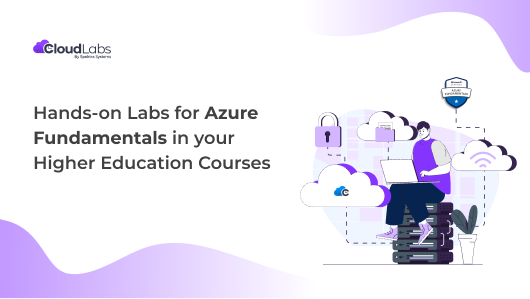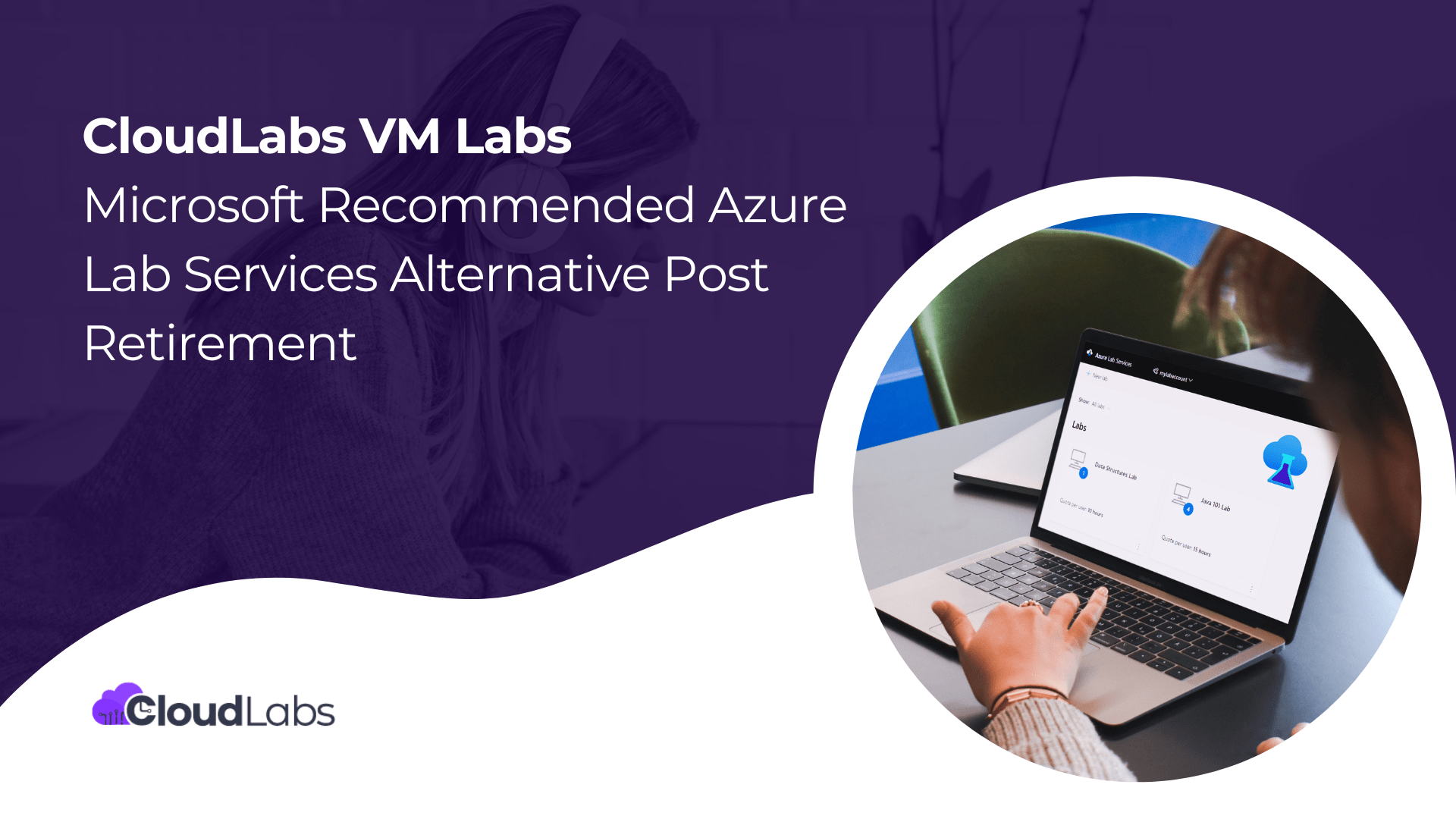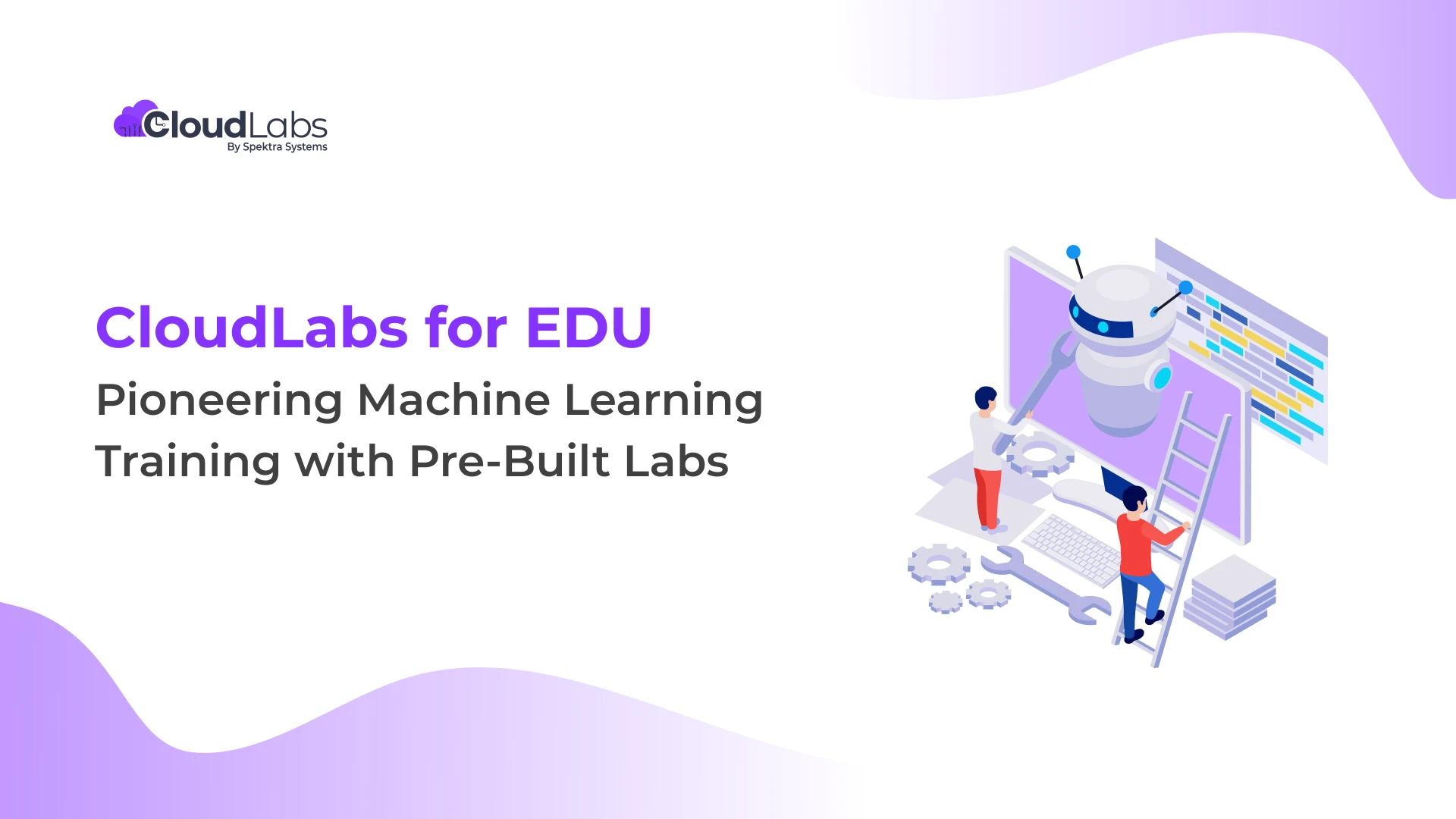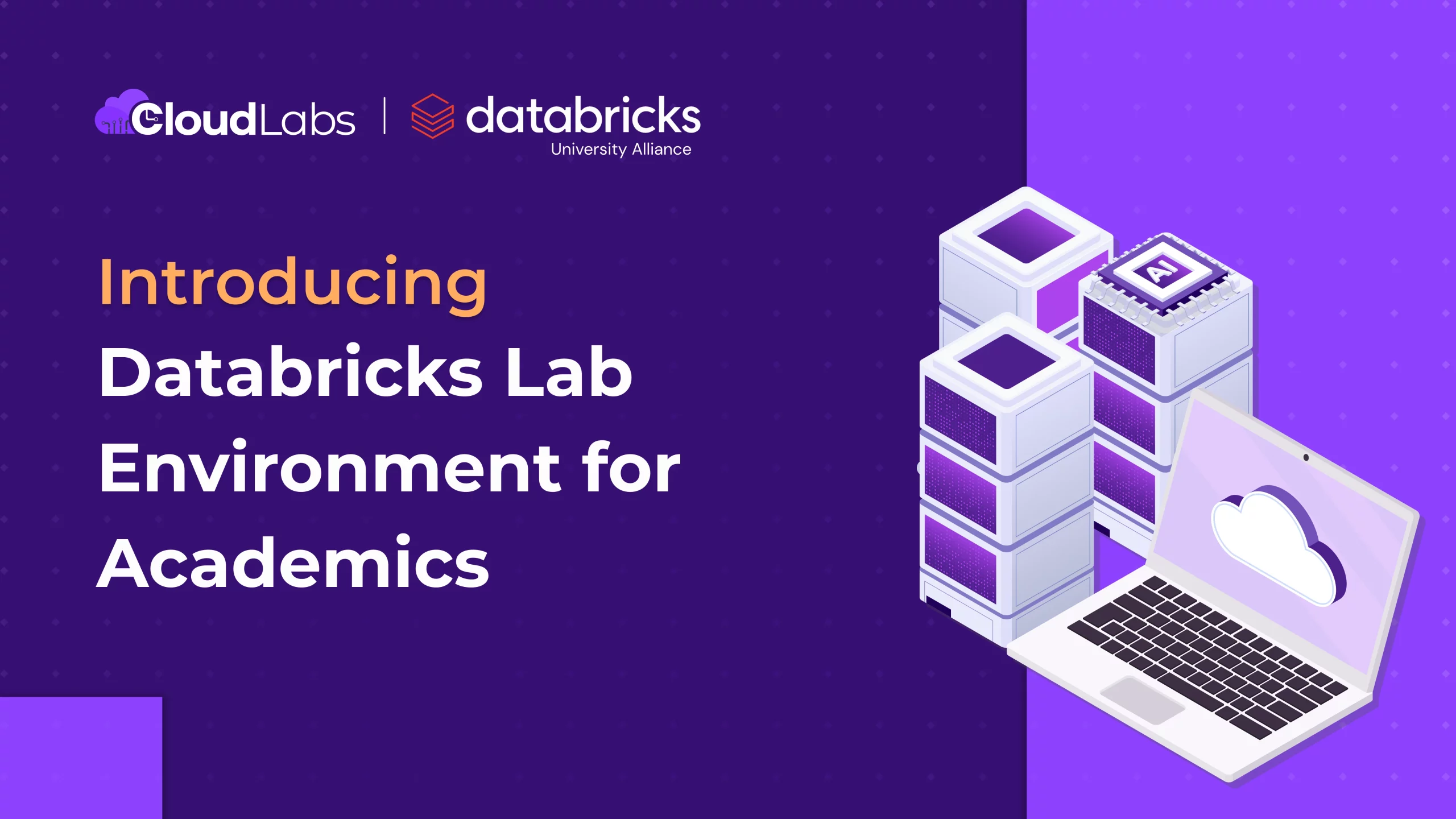In today’s rapidly evolving digital landscape, cloud computing has become integral to many industries. As organizations embrace the benefits of the cloud, professionals with expertise in cloud platforms like Microsoft Azure are in high demand. Recognizing the significance of Azure and its role in shaping the future of technology, higher education institutions are incorporating Azure Fundamentals into their course offerings.
However, mastering Azure requires more than just theoretical knowledge. To bridge the gap between theory and practical implementation, hands-on labs have emerged as a crucial component of Azure education. These labs allow students to gain real-world experience by working directly with Azure services, empowering them to become proficient in leveraging the power of the cloud.
Whether you are an educator considering integrating hands-on labs into your curriculum or a student eager to enhance your Azure expertise, this article will provide valuable insights into the transformative potential of hands-on learning in the realm of Azure Fundamentals.
What is Azure fundamentals?
Azure Fundamentals is a comprehensive introductory course offered by Microsoft as part of their Azure cloud computing platform. It is designed to provide a foundational understanding of Azure services, concepts, and key features. It comprises six distinct learning paths that serve as an introduction to the vast array of services and features available in Microsoft Azure.
The Azure Fundamentals course is aimed at individuals who are new to Azure or have limited experience with cloud technologies. It covers essential topics such as cloud computing principles, Azure architecture, core Azure services (including computing, storage, and networking), security, and compliance.
While prior technical IT experience is not mandatory, having a foundational understanding of general IT concepts will enhance your overall learning experience and allow you to maximize the benefits gained from the Azure Fundamentals course.
Why should your Higher Education include Azure Fundamentals?
You might be pondering the question in your mind, “Is it really worth taking up Azure Fundamentals for your higher education?”
“75 percent of enterprise respondents indicated that they were adopting Microsoft Azure for public cloud usage” states the Statistica report.
This is why it’s worth it:
- Rapid Growth: Microsoft Azure is experiencing significant growth as a leading cloud-based solution provider on a global scale.
- Adoption by Fortune 500 Companies: With approximately 80% of Fortune 500 companies utilizing the Microsoft Azure platform, obtaining Azure Fundamentals certification demonstrates proficiency in a platform widely used by industry leaders.
- Industry Penetration: Cloud computing has become pervasive across various industries. Azure Fundamentals certification equips teams with the knowledge and skills to leverage cloud computing, resulting in reduced infrastructure and IT costs.
The AZ-900: Microsoft Azure Fundamentals Certification focuses on the essential knowledge of Azure fundamentals. This course is designed for students aspiring to pursue higher education in cloud technology and IT professionals new to the Azure platform. To enhance practical experience and go beyond theoretical concepts, hands-on labs play a crucial role. By engaging with AZ-900 hands-on labs, you can gain familiarity with Azure cloud processes and interfaces, leading to a comprehensive understanding of the platform.
What lab exercises are included in Azure fundamentals?
AZ-900 Microsoft Azure Fundamental Hands-on Labs offers an opportunity to access the Azure environment and receive lab instructions provided by industry experts to successfully complete the modules. These hands-on labs provide a pre-configured Azure environment that is readily available, accompanied by detailed instructions to facilitate learning and completion of exercises.
The lab exercises included in the Azure Fundamentals are,
- Create a virtual machine
In this exercise, students will create a virtual machine in the Azure portal, connect to the virtual machine, install the web server role, and test.
- Create A Web App
In this exercise, students will create a new web app that runs a Docker container. The container displays a Welcome message.
- Deploy Azure Container Instances
In this exercise, students will create, configure, and deploy a Docker container by using Azure Container Instances (ACI) in the Azure Portal. The container is a Welcome to ACI web application that displays a static HTML page.
- Create a Virtual Network
In this exercise, students will create a virtual network, deploy two virtual machines onto that virtual network and then configure them to allow one virtual machine to ping the other within that virtual network.
- Create Blob Storage
In this exercise, students will create a storage account, then work with blob storage files.
- Create a SQL database
In this exercise, students will create a SQL database in Azure and then query the data in that database.
- Implement the Azure IOT Hub
In this exercise, we will configure a new Azure IoT Hub in Azure Portal, and then authenticate a connection to an IoT device using the online Raspberry Pi device simulator. Sensor data and messages are passed from the Raspberry Pi simulator to your Azure IoT Hub, and you view metrics for the messaging activity in Azure Portal.
- Implement Azure Functions
In this exercise, students will create a Function App to display a Hello message when there is an HTTP request.
- Create a VM with a Template
In this exercise, students will deploy a virtual machine with a QuickStart template and examine monitoring capabilities.
- Create a VM with PowerShell
In this exercise, students will configure the Cloud Shell, use the Azure PowerShell module to create a resource group and virtual machine and review Azure Advisor recommendations.
- Create a VM with the CLI
In this exercise, students will configure the Cloud Shell, use Azure CLI to create a virtual machine, and review Azure Advisor recommendations.
- Implement Azure Key Vault
In this exercise, students will create an Azure Key vault and then create a password secret within that key vault, providing a securely stored, centrally managed password for use with applications.
- Secure network traffic
In this exercise, students will create and configure a network security group. After which, they will configure inbound and outbound security port rules.
- Manage access with RBAC
In this exercise, students will assign roles and view activity logs.
- Manage resource locks
In this exercise, students will verify the existing resource group, add a lock to the resource group and test deletion, test deleting a resource in the resource group, and remove the resource lock.
- Implement resource tagging
In this exercise, students will create a policy assignment that requires tagging, create a storage account, test the tagging, view resources with a specified tag, and remove the tagging policy.
- Create an Azure Policy
In this exercise, students will create an Azure Policy to restrict the deployment of Azure resources to a specific location.
- Explore the Trust Center
In this exercise, we will access the Compliance Offerings and Service Trust Portal (STP).
- Use the Azure Pricing Calculator
In this exercise, students will use the Azure Pricing Calculator to generate a cost estimate for an Azure virtual machine and related network resources.
- Use the Azure TCO Calculator
In this exercise, students will use the Total Cost of Ownership (TCO) Calculator to generate a cost comparison report for an on-premises environment.
- Calculate Composite SLAs
In this exercise, students will determine the availability SLA of Azure services and then calculate application composite SLA-based expected availability.
- Open a Support Request
In this exercise, students will view available support plan options and then practice creating and monitoring a new support request.
What is the lab requirement for Azure Fundamentals?
There are certain lab requirements provided within the CloudLabs platform for the Azure Fundamentals lab you intend to complete. This will ensure that you have the necessary resources and environment set up correctly for a successful lab experience.
- Azure Account: An Azure account is crucial for performing Azure Fundamentals as it offers practical experience, enables hands-on practice, facilitates the application of concepts, aids in certification preparation, and grants access to a comprehensive suite of Azure services and documentation.
- Azure Subscription: To complete the Azure Fundamentals lab, you will need an active Azure subscription.
- Lab Guides: Follow the provided lab instructions or guide, which will outline the specific steps and tasks you need to complete during the lab. It is crucial to follow the instructions carefully to ensure a successful lab experience.
Azure Fundamentals lab offering by CloudLabs
CloudLabs provide users with a risk-free environment to freely experiment and explore Azure in an open sandbox. This freedom to explore without worry accelerates the learning process, facilitating a deeper understanding of how the tools and software function, and empowering users to absorb a greater breadth of knowledge.
What CloudLabs include?
- Azure Account with required permissions: CloudLabs automatically provisions Azure accounts with the required rights to perform lab exercises, without any manual intervention. Students do not need to sign up for Azure Trial / Azure Pass /Azure for students or any other program.
- Step-by-Step Lab Instructions: CloudLabs provides step-by-step lab instructions or guides within the platform. These instructions outline the specific tasks you need to perform to complete the lab. Carefully follow the instructions provided to ensure you achieve the desired learning outcomes. The lab instructions may include details on creating resources, configuring settings, and performing specific actions within the Azure portal.
- Admin Portal for Professors: CloudLabs Admin portal for professionals lets instructors create, manage, and grade all student’s lab environments.
- Lab Validation: Ability to validate the lab Completion of your students with CloudLabs’ Lab validation feature.
- Track Cloud Spend: Effortlessly monitor and analyze the end-to-end cloud spends and gain comprehensive insights into the cloud spend at various levels.
- Reports/Insights: Acquire reports and insights on the overall Skill Validation of your students with practice tests.
How can CloudLabs’ Features benefit your Higher Education in Azure Fundamentals?
- Remote Access: CloudLabs provides virtual labs that can be accessed from any global location, ensuring convenient accessibility regardless of geographical boundaries.
- Fixed Cost: CloudLabs enables you to provide AZ-900 hands-on labs at scale with a fixed fee, inclusive of cloud spend.
- Focused Training: CloudLabs enables you to focus on teaching by taking away the entire lab management overhead.
- Lab Progress & Scoring: Let you award scoring/grading effectively by automatically validating lab completion, saving time for your instructors, and automating the lab scoring.
- LMS Integration: CloudLabs offers the flexibility to seamlessly integrate with your current LMS using simple and adaptable APIs, enabling LMS integration as per your preference.
- Industry Leading Support: 24*7 support makes it a super-premium experience for both professors and learners.
Planning for an Azure Fundamentals program?
You are just a demo away!
CloudLabs offers interactive exercises in Azure Fundamentals that enable users to gain practical, hands-on experience with Azure. These exercises often feature a temporary Azure environment known as the sandbox, granting learners the opportunity to explore and learn, with the flexibility to progress at their own pace.
Amit Malik is the COO at Spektra Systems, known for his expertise in Microsoft Cloud and digital transformation. He drives strategic planning and operational initiatives, reshaping the cloud landscape to deliver superior business outcomes. He is a recognized thought leader and speaker on Cloud, AI, and IoT, and holds a position among the Leaders Excellence at Harvard Square.

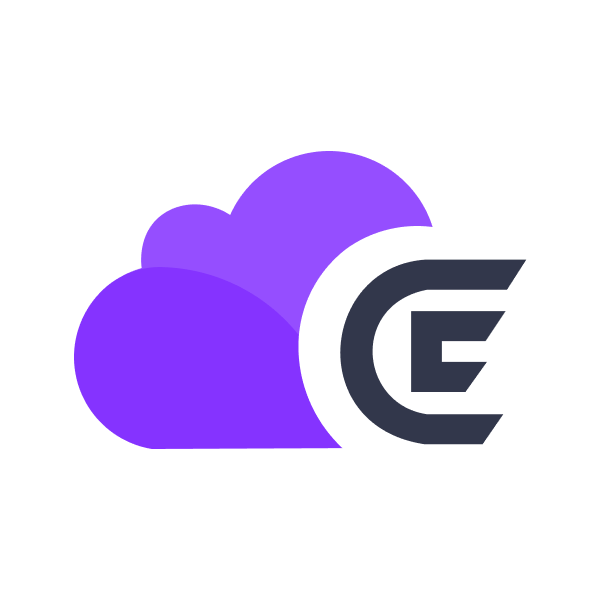 CloudEvents
CloudEvents



